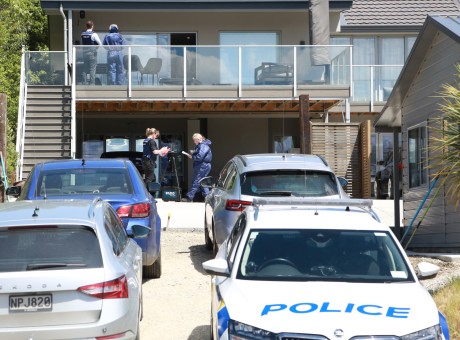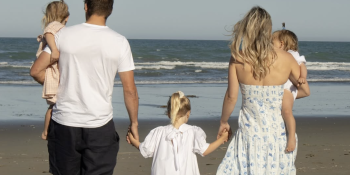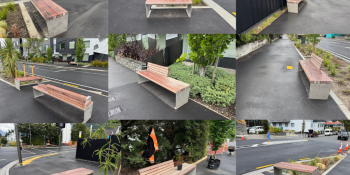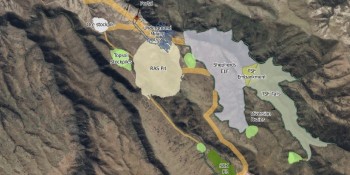Domestic Kiwi travellers put off by too expensive or 'touristy' activities - study
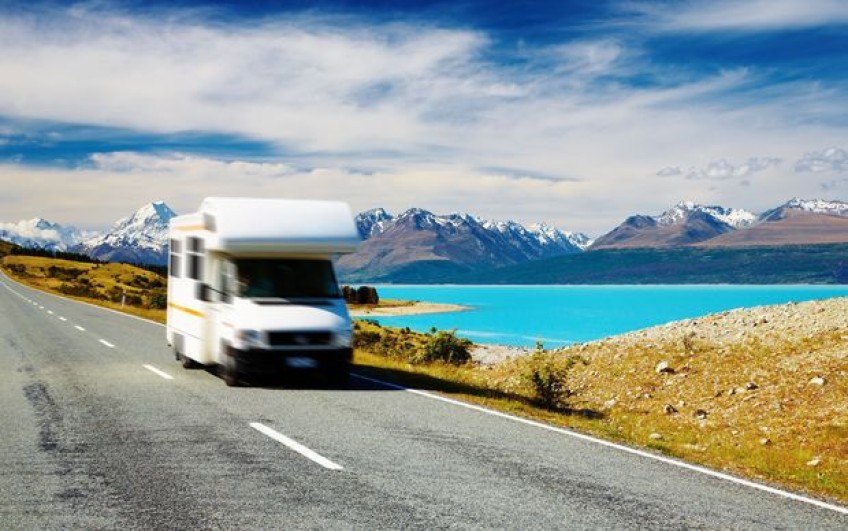
New research from Tourism New Zealand shows domestic travellers are put off by activities that are too expensive or feel too "touristy".
The research found domestic travellers were looking much closer at their own backyard and at regions they might have taken for granted in the past (file image). Photo: 123rf.com
The research is aimed at finding out what New Zealanders want from domestic holidays to help the industry adjust while borders remain closed.
Minister of tourism Stuart Nash says the research showed many were aware of the challenges facing the industry including regions struggling with visitor numbers and problems with freedom camping before Covid-19.
The research also found domestic travellers were looking much closer at their own backyard and at regions they might have taken for granted in the past, he said.
"Domestic tourists have different expectations from international travellers, although there is much common ground. Like international tourists, domestic travellers are attracted by our special qualities, like landscapes and friendly people, and our safe reputation," Nash said.
They were more inclined to seek out local history, culture, hidden gems and personal connections in a bid to have more unique experiences, he said.
Stuart Nash. Photo: RNZ / Dom Thomas
"The research shows an ideal regional holiday involves a personalised itinerary. It combines activities like walking, cycling, and food and beverage experiences; with events like a cultural performance, festival, or sports.
"However, domestic tourists are put off by activities that are too expensive, and the experience is spoiled if it feels too 'touristy'. Kiwis are more inclined to seek out local history and culture, hidden gems that are not well known, and personal connections."
More work could be done to champion the unique experiences offered by local destinations, Nash said.
"Tourism operators also suggested some in the industry had focused too much on profits and neglected the quality of the experience and tourism's impact on small communities. Others had undervalued the role of Māori culture and needed to better connect with it.
"The research analyses the tourism stories from each region and will be a valuable guide for tourism operators to rethink the way their wider region works together to attract domestic tourists.








